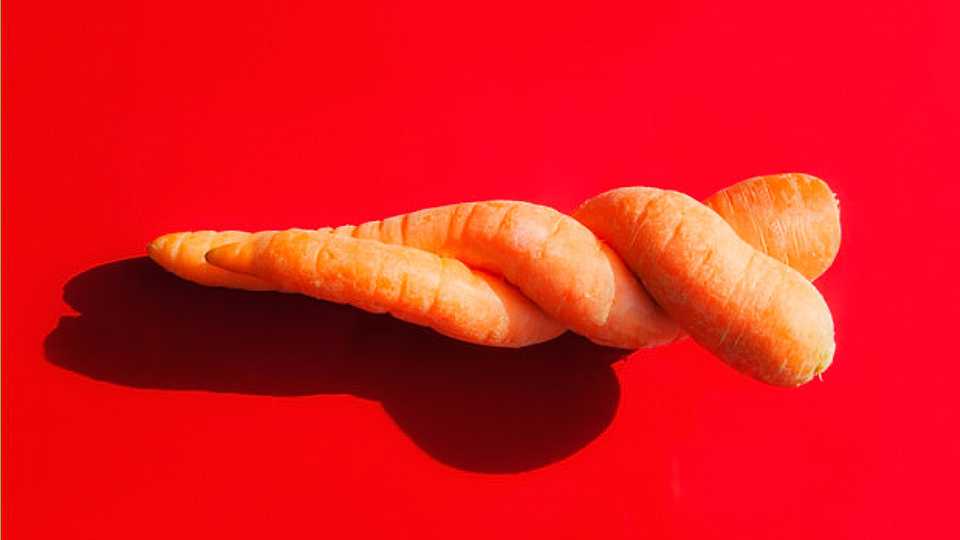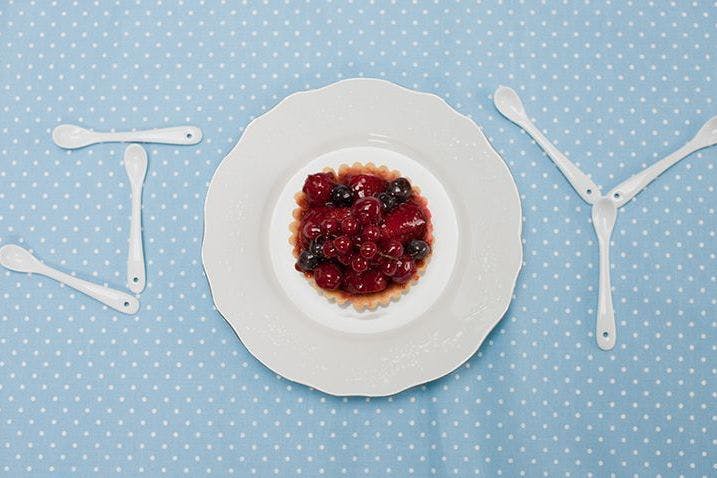For decades researchers have been coming up with findings that define the direct link between our gut and our brain. What you eat affects your mood and you can eat your way to happiness, but how do we do this?
by Rae Ogbu
Why do they say the way to a man’s heart is through his stomach? Is it because the smoky smell of “under the pot” jollof-rice instantly puts one in a festive mood or the taste of real pounded yam with egusi soup corroborates the actual feeling of going to heaven and shaking God’s hand (if that was ever possible, this will come really close)? There is no doubt that Food, in general, make you happier.
The high rates of depression and anxiety including other mental health issues have made it increasingly important to take a closer look at every aspect of our lives and it has become reasonably clear that what we put in our mouth directly affects our emotional wellbeing.
Elizabeth Somer, writer of “Food & Mood” and “Eat Your Way to Happiness”, is known to advocate her beliefs that what we consume has a remarkable and holistic impact on our emotions. “There has been a growing body of evidence, both animal studies and human studies, to support that we really are what we eat, physically and mentally,” she said. “And, that makes sense considering that the only place where the brain gets its building blocks is from the diet.”
Unfortunately for many of us, we have learnt to associate celebration and happiness with the wrong type of foods. Processed foods like salty potato chips, oily burgers, chocolate and alcohol are how we choose to reward ourselves but this study illustrates that women who have this “Western” type diet are more likely to be depressed than others who didn’t indulge in them. This is because of the synthetic levels of that feel good feeling that only mimics the real natural thing.
Without going into the scientific technical terms, there are two major chemicals we need a good dose of in our diet to feel upbeat and cheerful; they are serotonin and dopamine.
But this is where it gets complicated because these chemicals are often mostly present in carbs. Now, what do we do?
African nutritionists advice to eat carbs like brown grains and whole wheat in moderation. According to “First We Feast,” research shows that the effects of eating low energy carbs do not give the immediate surge of glee we get from eating a doughnut. That means they release these good chemicals slowly and have a better impact on our mood over a long period of time.
There is more good news, we have loads of other food types that are not carbs and the can produce serotonin.
1: Green vegetables and fruits– are high in vitamins, minerals, and acids. Vitamins B6 and B12 contribute to building serotonin and maintaining insulation around nerve cells to help brain cells divide properly, and magnesium, to curb cortisol levels when stressed.
2: Eat proteins like eggs, seafood, tofu, natural yoghurt and poultry to counter the effects of the carbs you eat because they help slow the absorption of carbohydrates in your blood and increase the release of dopamine and norepinephrine, which may improve your mood and energy for several hours after eating.
3: Fibre is food like porridge oats, peas, beans and pears are complex carbohydrates, but they are soluble so can slow the absorption of sugar into your bloodstream and increase serotonin, the “feel good” chemical, both of which decrease mood swings.

